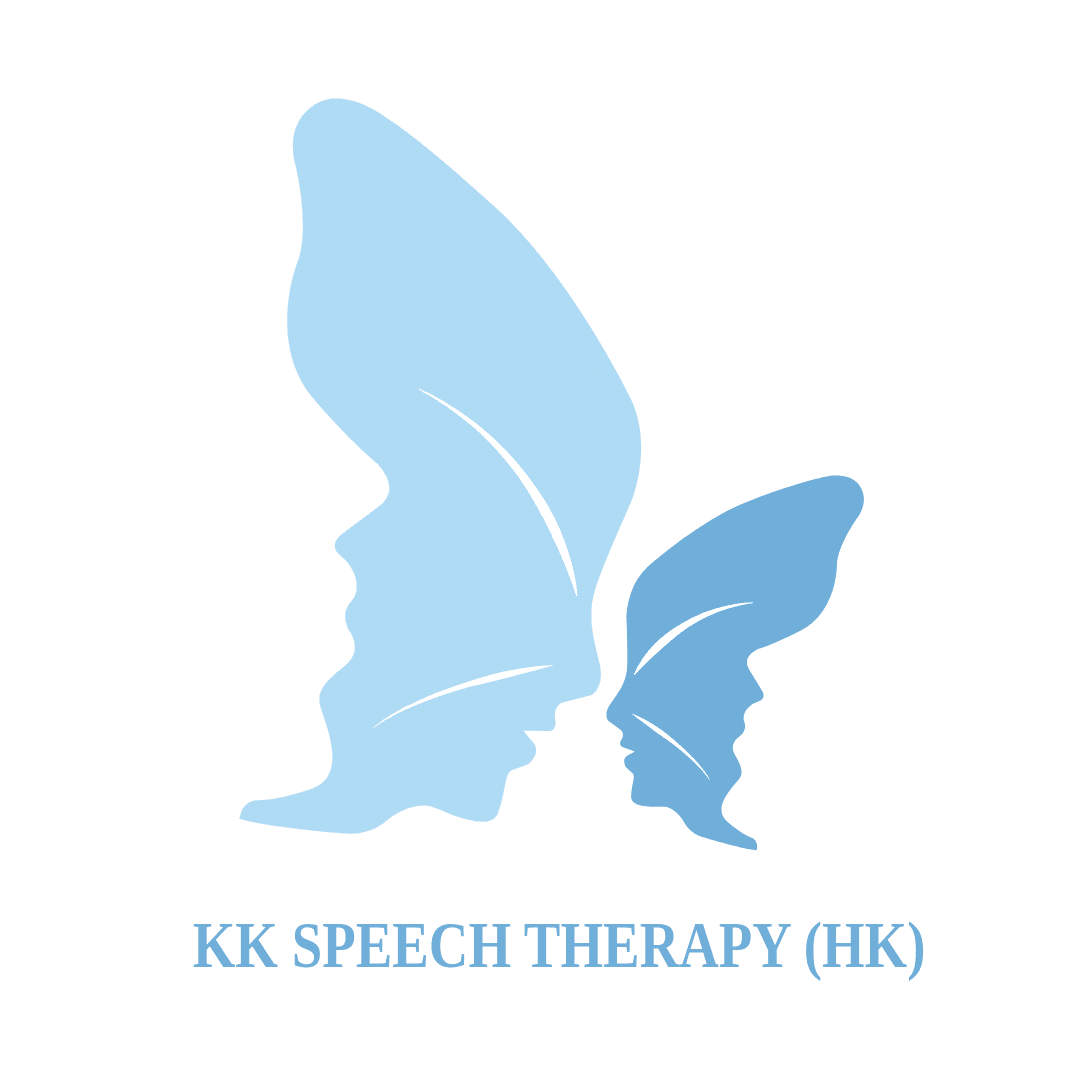What is Autism?
Autism Spectrum Disorder (ASD) is a neurodevelopmental disorder primarily characterized by impairments in communication, social interaction, and restricted or repetitive behavior patterns. Through early intervention and ongoing specialized therapies, such as speech-language therapy and occupational therapy, many children can achieve significant progress in communicative and social competencies, thereby establishing a foundation for enhanced social engagement, academic performance, self-advocacy, and long-term independence.
Early Signs of Autism Spectrum Disorder (ASD)
- 6 months: Limited smiling and minimal eye contact.
- 9 months: Reduced vocalizations or facial expressions.
- 12 months: Infrequent babbling, limited gesturing, and lack of response to name.
- 16 months: Minimal spoken words.
- 24 months: Limited use of meaningful two-word phrases.
If parents are worried about their child’s development, we encourage learning about ASD signs, using screening tools like the M-CHAT-R™, and consulting a pediatrician for an evaluation. Early diagnosis and support are crucial for children with ASD.
Symptoms and Examples of Autism Spectrum Disorder (ASD)
- Social Communication Challenges
- Impaired Conversational Skills: Difficulty initiating or maintaining dialogue. For example, a child may not respond when called or struggle to answer questions appropriately.
- Difficulty Interpreting Social Cues: Challenges in understanding nonverbal cues, such as body language or facial expressions. Children may not have difficulties grasping sarcasm or humor.
- Forming Relationships: Difficulty establishing friendships with peers. For instance, they may prefer solitary activities or avoid group play.
- Repetitive Behaviors
- Repetitive Movements: Repetitive actions such as hand-flapping, rocking, or spinning objects. A child may repeatedly flap their hands when excited.
- Rigid Routine: Insistence on consistent daily routines, with any changes causing emotional distress, such as eating the same food every day.
- Restricted Interests: Intense, narrow focus on specific topics, such as memorizing and reciting detailed facts about dinosaurs or train schedules.
- Sensory Sensitivities
- Hypersensitivity: Extreme reactions to sensory stimuli like sounds, lights, or textures. For example, loud noises may cause discomfort or pain, prompting ear-covering.
- Hyposensitivity: Lack of response to sensory stimuli that typically draw attention, such as not noticing their name being called.
- Other Characteristics
- Motor Skill Challenges: Difficulties with coordination, making activities like catching a ball or riding a bicycle challenging.
- Executive Functioning Deficits: Struggles with planning and organizing tasks or any multistep activities, such as dressing.
- Emotional Dysregulation: Difficulty managing emotions, potentially leading to intense outbursts over minor issues.
- Masking Behaviors: Some individuals with ASD, particularly females, may mask their ASD symptoms to blend in socially, which can lead to mental exhaustion, anxiety, or depression.
Evidence-based speech therapy interventions for autism spectrum disorder
- Language Development: Enhancing vocabulary, sentence structure, and language comprehension through structured interventions.
- Social Communication Training: Improving social interaction skills through techniques such as modeling, role-playing, video modeling, and participation in social skills groups.
- Articulation Improvement: Increasing speech clarity through targeted articulation therapy or oral-motor exercises.
- Functional Communication Support: Implementing systems like the Picture Exchange Communication System (PECS) to promote non-verbal communication and support daily interactions.
Related resources:
Why KK Speech Therapy?
- Trilingual Therapy Services: Our speech therapists are all bilingual and are able to deliver therapy fluently in Cantonese, Mandarin, and English to meet the needs of diverse linguistic backgrounds with utmost professionalism.
- Experienced and Trusted Speech Therapy Team: Our team has extensive expertise, successfully supporting numerous adults in improving language and swallowing abilities.
- Personalized Treatment Plans: We design tailored intervention strategies based on each client’s unique needs and circumstances.
- Ongoing Progress Monitoring and Adjustments: We regularly assess treatment outcomes and adapt strategies to ensure therapeutic goals are met.
- Supportive Family Program: We empower family members to become the most effective supporters of stroke patients as well as effective advocates for their child’s language and social development.
